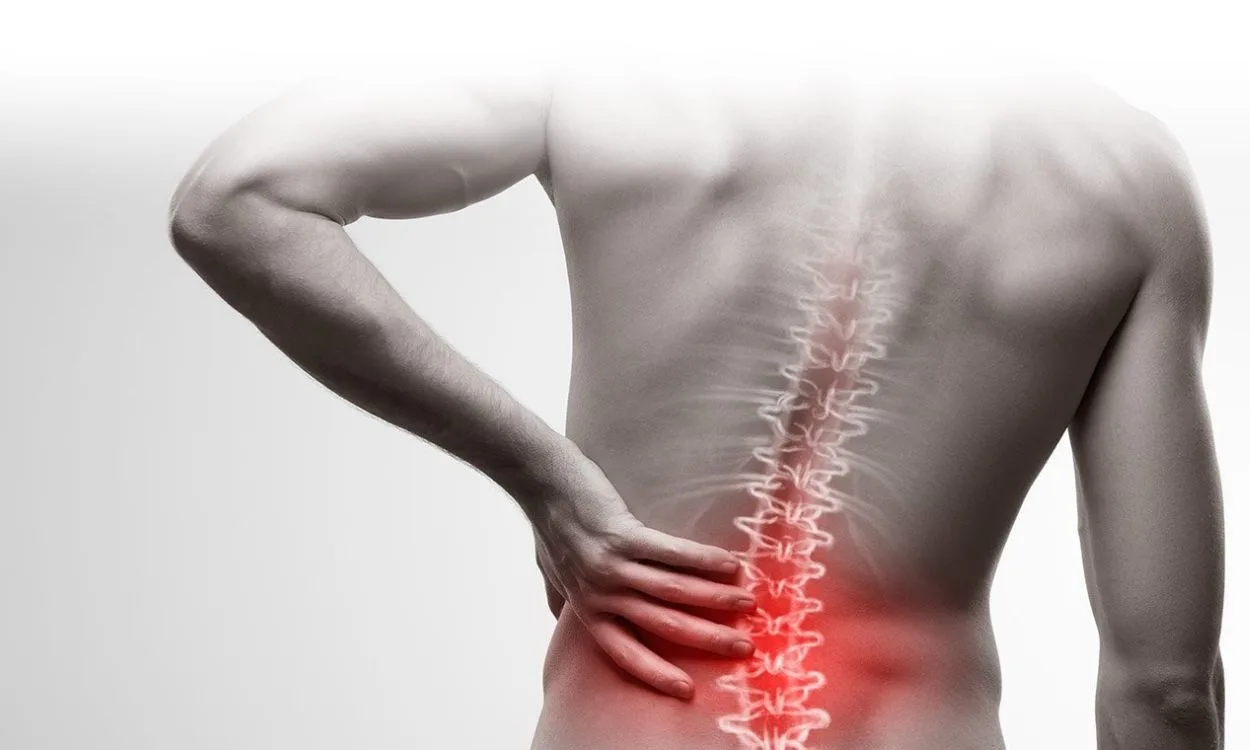What is the Role of Inflammation in Chronic Back Pain?
Introduction
Chronic back pain is a common condition that affects a significant portion of the Indian population. It can have a profound impact on an individual’s quality of life, limiting their ability to perform daily activities and causing immense discomfort. In recent years, researchers have discovered a strong correlation between chronic back pain and inflammation. Inflammation, which is the body’s natural response to injury or infection, can play a significant role in the development and persistence of chronic back pain. In this article, we will explore the role of inflammation in chronic back pain and discuss how understanding this relationship can help individuals find relief.
Understanding Inflammation
Inflammation is a vital process that helps the body fight off harmful stimuli and initiate the healing process. When the body detects an injury or infection, it releases chemicals and immune cells to the affected area, leading to redness, swelling, heat, and pain – the classic signs of inflammation. This acute inflammation is a normal and necessary response that promotes healing and protects the body.
However, in some cases, the inflammatory response can become chronic and persist long after the initial injury or infection has resolved. Chronic inflammation is characterized by a continuous release of inflammatory chemicals and immune cells, leading to tissue damage and ongoing pain. This persistent inflammation can occur in various parts of the body, including the back.
The Link Between Inflammation and Chronic Back Pain
Inflammation is believed to play a key role in the development and progression of chronic back pain. Here’s how inflammation contributes to this condition:
1. Tissue Damage and Nerve Sensitization
Inflammation can cause damage to the tissues in the back, including the muscles, ligaments, and discs. This damage can lead to the release of inflammatory chemicals that sensitize the nerves in the area, making them more sensitive to pain signals. As a result, even mild stimuli can trigger intense pain sensations.
2. Immune System Dysregulation
Chronic inflammation can disrupt the delicate balance of the immune system. Overactive immune responses can lead to the release of pro-inflammatory chemicals, such as cytokines, that perpetuate the inflammatory cycle and contribute to chronic pain.
3. Joint and Spinal Degeneration
Inflammatory processes can also contribute to the degeneration of joints and spinal structures. In conditions like osteoarthritis or spondyloarthritis, chronic inflammation in the joints can lead to the breakdown of cartilage and bone, causing significant pain and stiffness in the back.
4. Muscle Imbalance and Spasm
Inflammatory processes can disrupt the normal functioning of muscles, leading to imbalances and spasms. These muscle imbalances can put additional stress on the spine, exacerbating pain and discomfort.
5. Central Sensitization
Chronic inflammation can also impact the central nervous system, leading to a phenomenon called central sensitization. In this condition, the nerves become hypersensitive, amplifying pain signals and causing widespread pain throughout the body, including the back.
Managing Inflammation and Alleviating Chronic Back Pain
Understanding the role of inflammation in chronic back pain can guide individuals in finding effective strategies to manage their condition. Here are some approaches that can help alleviate inflammation and reduce chronic back pain:
- Medication: Nonsteroidal anti-inflammatory drugs (NSAIDs) can help reduce inflammation and provide temporary pain relief. However, it is essential to consult with a healthcare professional before taking any medication.
- Physical Therapy: Targeted exercises and stretches prescribed by a physical therapist can help strengthen the muscles supporting the back and improve flexibility. Physical therapy can also address imbalances and correct posture, reducing pain and inflammation.
- Lifestyle Modifications: Adopting a healthy lifestyle can have a significant impact on inflammation and chronic back pain. Maintaining a balanced diet, managing stress, getting regular exercise, and ensuring proper sleep can all contribute to reducing inflammation and improving overall well-being.
- Alternative Therapies: Some individuals find relief from chronic back pain through alternative therapies such as acupuncture, chiropractic care, or massage. These therapies can help reduce inflammation and promote relaxation.
Fitpaa: Your Companion in Achieving a Pain-Free Life
While understanding the role of inflammation is crucial in managing chronic back pain, it is equally important to have access to effective tools and support. Fitpaa, a leading health and fitness app, provides a comprehensive solution to help individuals achieve their health and fitness goals, including managing chronic back pain.
With Fitpaa, you get access to a team of experts, including fitness planners, fitness coaches, nutritionists, and doctors, who work together to create a personalized Fitpaa Capsule for you. This all-in-one health and fitness plan incorporates medical therapy, exercise therapy, nutrition therapy, and cognitive behavioral therapy to optimize your metabolism and help you achieve your goals with a 100% guarantee.
Fitpaa’s mobile app offers real-time guidance, habit-building techniques, and a virtual workout trainer to keep you motivated and on track. The app also provides tools for tracking your diet, monitoring progress, and receiving regular feedback from the Fitpaa team.
For individuals seeking relief from chronic back pain, Fitpaa’s fitness planners and experts can tailor a program specifically designed to address the underlying inflammation and help alleviate pain. Fitpaa’s holistic approach to health and fitness ensures that you not only achieve your goals but also improve your overall well-being.
Don’t let chronic back pain hold you back from living a fulfilling and pain-free life. Download the Fitpaa app today and embark on a journey towards a healthier, happier you!
Note: Fitpaa is an AI-driven Metabolism monitoring and management technology that aims to help individuals achieve their health and fitness goals.









